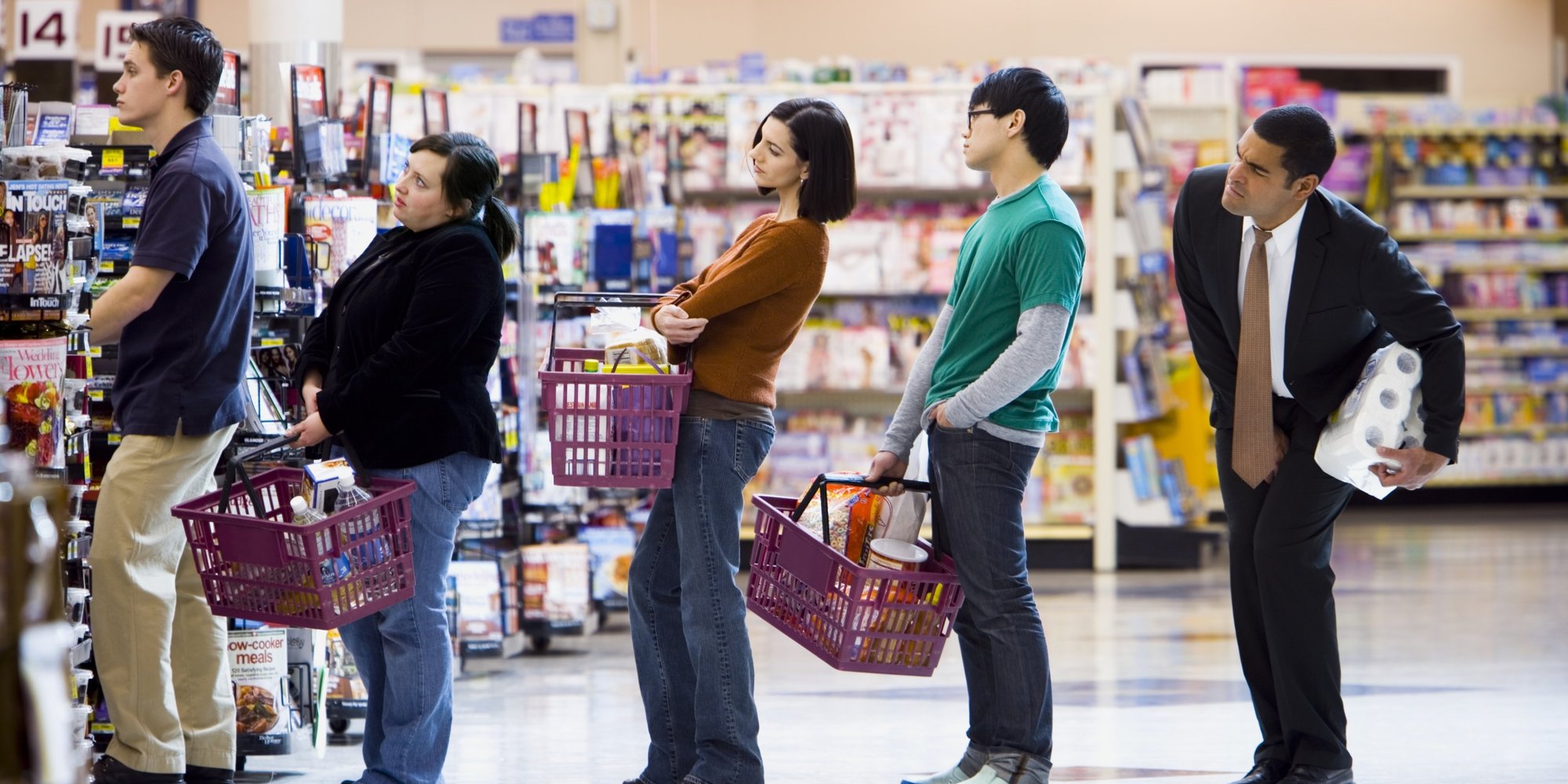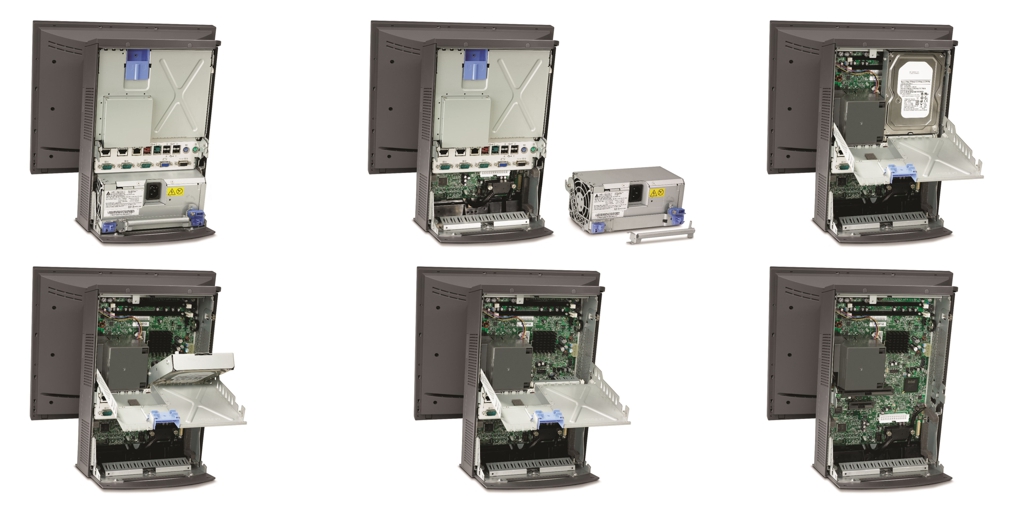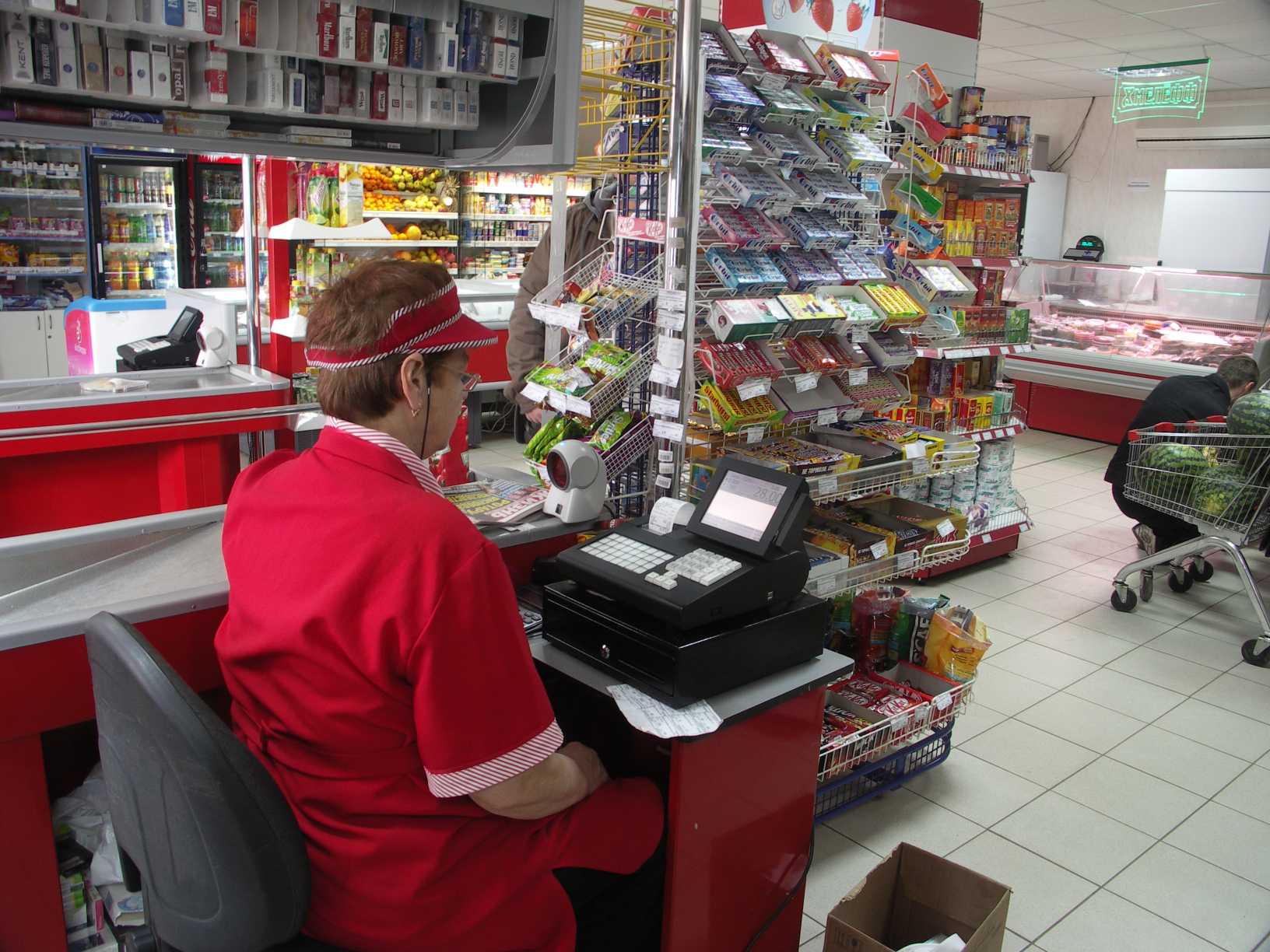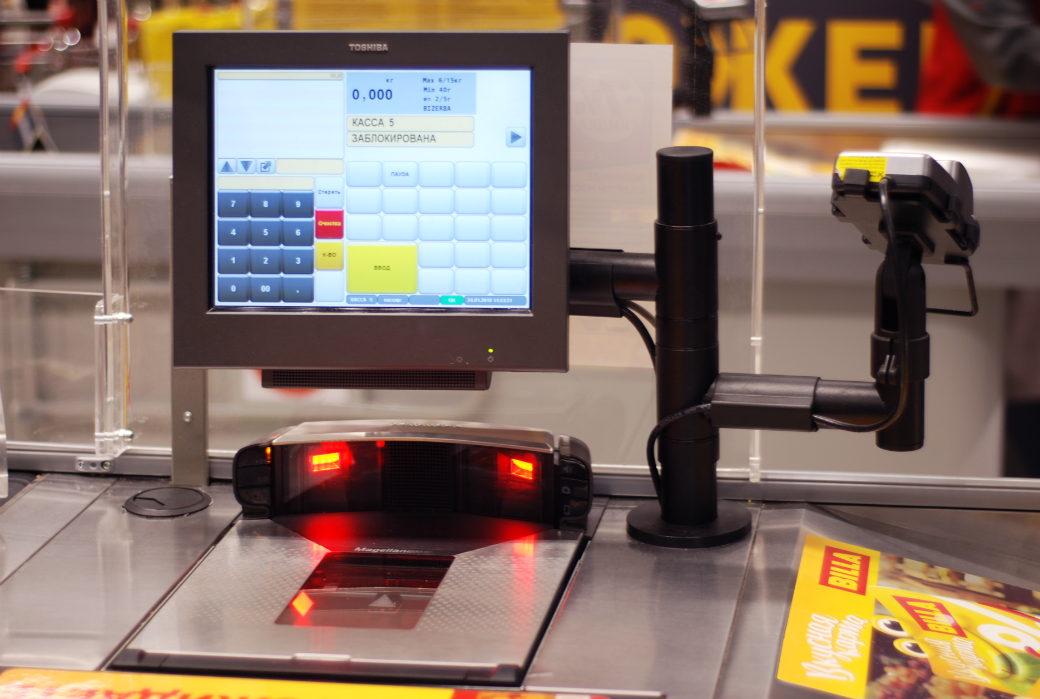Not just catching fleas. Why speed is so important for any store

Oil painting: in the morning you ran into the classic online “Malinka” behind a bun or an apple. Quickly took the goods, promptly rushed to the checkout. Before the start of the working day 10 minutes. Before you at the checkout, three more representatives of the office plankton. No one has a cart full of goods. Maximum of 5-6 items in the hands. But they are serviced for so long that a whole queue can be lined up for you. Yes, maybe the cashier is a dull chicken. But maybe it's not her. Let's analyze what could go wrong?
Fakap №1: retailer saved on equipment
Everyone loves to save. The store management is no exception. Therefore, the CIO or procurement director (if there are such posts in the network) have put in a very tight framework. Either the retailer chose the equipment itself, based on the principle “Cheaper means better.” And we do not say that he took quite a Chinese nouneym, breaking with a single touch. No, maybe this is quite a normal box office - cheap, but not bad. But here it is designed for a store, where there are 150-200 customers per day. In Malinka, the permeability is completely different: about 1500-2000 people daily. Therefore, the ticket office can not cope with such a load - it works slowly, slowly. In the meantime, you lose patience, throw a bun on the first shelf and run to work, simultaneously practicing in profanity.
')

You can make a mistake with the device performance not only in relation to the POS terminal. This also applies to cash registers (CCP), and barcode scanners, and trading scales.
Summary: If you want customers to not dwell on your store for anything, consider when choosing trading equipment that it will withstand the pressure that it faces.
Factory number 2: brings the reliability of the equipment
So, the retailer saved on equipment, and it does not withstand the load. As practice shows, the cheaper the cashier, the lower its reliability. And the higher the probability that it will quickly fail. So the cashier will be idle. Here the retailer loses in three directions at once:
- service costs;
- reduced customer loyalty;
- loss of revenue due to downtime.
The last is the saddest thing. Simple arithmetic: the average network store in Moscow has about 1,500 people per day. If there are 3 cash desks in the store, each one draws 500 checks each day. The average check, according to Romir, in 2018 in Russia was 496 rubles. It turns out that the retailer loses 248,000 rubles during the day of idle cash. Inexpensive, more or less decent cash register with peripherals can be bought for 1000 dollars. At the current rate (at the time of this writing) it is 65,000 rubles. As a result, a day of downtime costs 4.1 times more than the cost of a POS terminal.
Of course, in order for the service to be prompt, the retailer and contractor sign strict SLAs. But the sooner the problem is identified, the less money the store will eventually lose. Understanding this problem, the manufacturers of POS-terminals are trying to facilitate the work of service specialists as much as possible. For example, at Toshiba’s cash registers, access to all components, including the motherboard, is carried out without the use of tools (shown in the photo and video).

Summary: When choosing cash equipment, be sure to find out how reliable it is. Find out what guarantees the manufacturer makes, what preliminary tests it carries out (for example, vibration testing, temperature and humidity effects, electromagnetic field, electrostatic charge, resistance to voltage drops). And, if the seller gives such an opportunity, test the POS-terminal in the conditions of your store.
Fakap №3: Inconvenient layout of the cash place
Not only cash register equipment itself can affect the speed of customer service. A significant role in this process is played even by the way it is placed. A simple example: if a cashier sits sideways to a cash register and customer, he spends more time on service. It is inconvenient for him to take goods for scanning, he has to turn his head to the buyer. Our experts estimate that, on average, with such a landing, the cashier spends 2 seconds more on each client. Above, we talked about the fact that, on average, there are 500 checks per day for each Malinki ticket office. This is about 16 minutes a day, which is wasted.

Summary: Do not neglect the little things. Even the layout of the cash place can significantly affect the revenue of the store. As an example, we can show the location, as well as the placement of cash equipment from one of our clients. We wrote about special supports for cash registers here .

Fakap №4: Interface and configuration of cash register software
If the cashier tinkers on the POS computer for a long time while making your purchase, this does not always mean that it is slow or stupid. Maybe she just was not lucky with the cash register software deployed to the network. Example: in one chain store where queues are constantly collected at the checkout, software offers the seller to choose a payment method every time. This is terribly inconvenient and slows down the maintenance process. For comparison, in our cash program "Profi-T" non-cash payment is provided by default. This is logical, because, according to Izvestia , the share of non-cash payments in January 2019 in Russia increased to 50%. The Village specifies that in Moscow, Tyumen and Ufa citizens are the most active in using cards, cash is more common in Tolyatti, Saratov and Nizhny Novgorod. 58% of non-cash purchases in Moscow are done using smartphones.
You can also significantly save service time by rounding the final amount in favor of the buyer (this also increases his loyalty): the cashier will not have to wait until the customer finds a trifle in the wallet and counts the right amount.
Summary: Cash software should be convenient not only for employees who have chosen it, but also for cashiers. It is desirable to optimize basic operations for the main flow of customers and their portrait, and remove all unnecessary buttons so that the cashier inadvertently presses nothing extra. Alas, users of one of the most popular cash register programs on the Russian market suffer from this.
Facac # 5: Location of the head cashier or administrator
Now there will be blood from the eyes. Remember, the cashier incorrectly broke through the goods or the buyer asked to remove some position from the check. At best, the seller calls the administrator and asks him to come in to edit the check (the cashier himself can only reverse the last position punched in the check, and then the cash register is not configured everywhere). At worst, we hear: “BAAAAAAAL, POSE LARISU!”. And here's the whole line, who are patient, who are not very, waiting for Larissa to appear from the depths of the store and still resume the checkout process. Horror! To deal with such situations is quite realistic. It is enough to partially entrust the function to cancel the operation to senior cashiers or supervisors who are constantly nearby.
Summary: Think about who will be entitled to cancel the actions committed and how quickly these people will be able to make adjustments. For example, in one popular chain of stores, security guards, who are always close to the tellers, make cancellations.
Fakap number 6: Weighing at the checkout
Any retailer decides for himself whether to weigh goods at the checkout or install self-service scales in the sales area. However, the truth is this: with the first format, customer service time increases. According to our specialists, weighing on the scanner weights increases the service time of each customer by 10-12 seconds, and on stand-alone ones - 20-25 seconds.
Summary: Before determining which weighing format to implement in a store, consider how it will affect customer service time.
Fast customer service speed is the key to a profitable store. Therefore, do not ignore even the smallest details: choose productive, reliable equipment, conveniently place it on the cashier's desk, install the software with a simple interface and correctly configure it, intelligently approach the weighing of goods. And in this case, even those buyers who need to buy something quickly before the start of the working day will come to you.
Source: https://habr.com/ru/post/447368/
All Articles